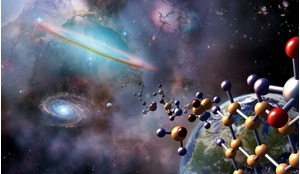Since the dawn of the Space Age, satellite communications ground systems have changed very little, but the ‘ground segment’ is undergoing a transformation. Ron Faith describes a new approach to communication and data management driven by humanity’s insatiable appetite for information.
As our appetite for information grows, we are coming to understand the great potential value of space-originated data in sectors such as agriculture, maritime, natural resources and safety/security. As data volumes generated in space increase exponentially, the communication and data management systems supporting these programmes need a new approach to handle the challenge at a completely new scale. Multi-mission ground stations, as well as the fusion of ground stations and cloud computing, are two transformational concepts changing the future of space data communication.
The current wave in the commercialisation of space (NewSpace) has been enabled by dramatic technological, regulatory and financial changes to the status quo that previously reserved space as the sole domain of superpowers. These changes are enabling NewSpace leaders to pursue more data-intensive satellite missions and there is near unanimity that this trend will further intensify in coming years.














